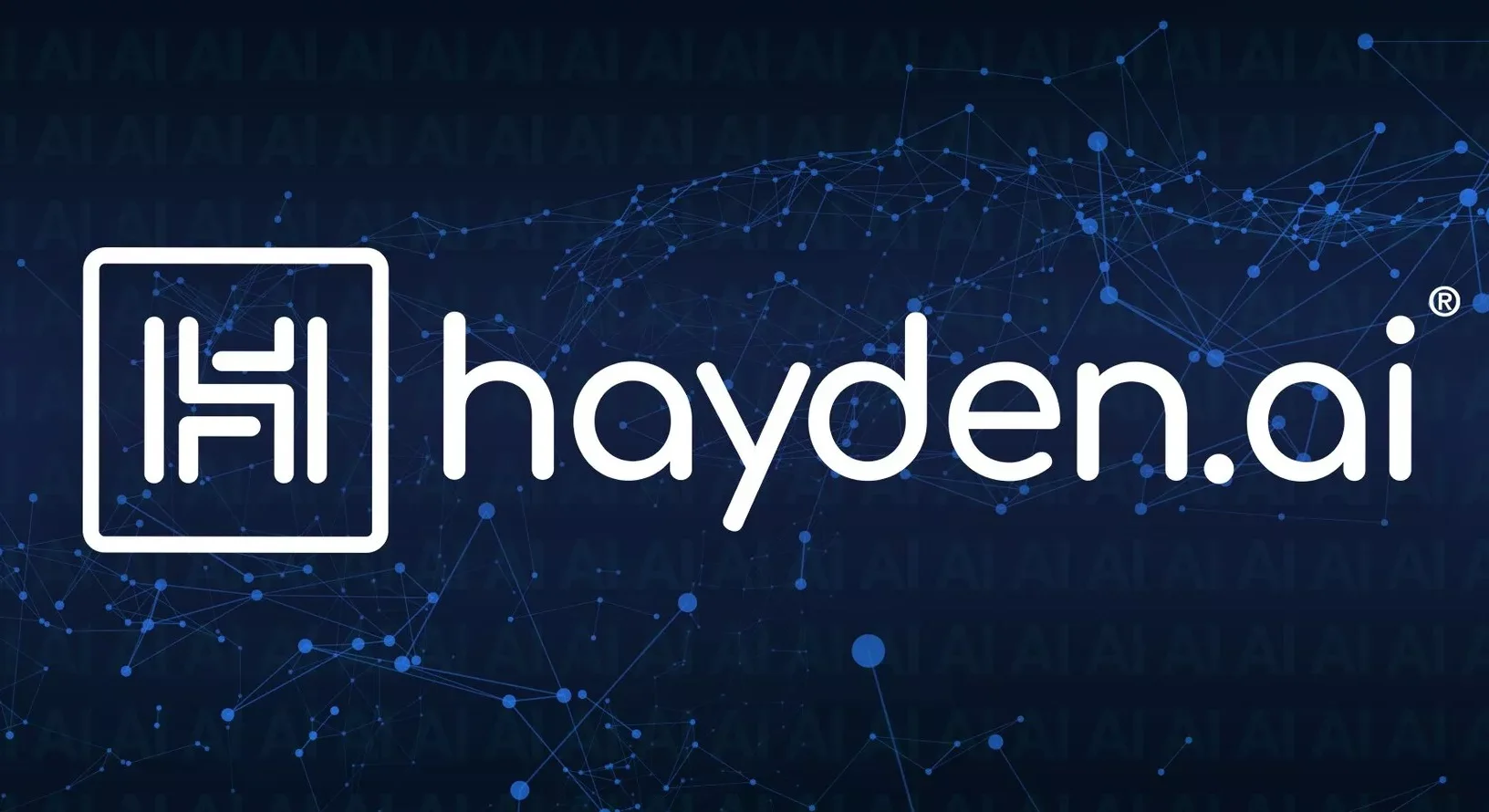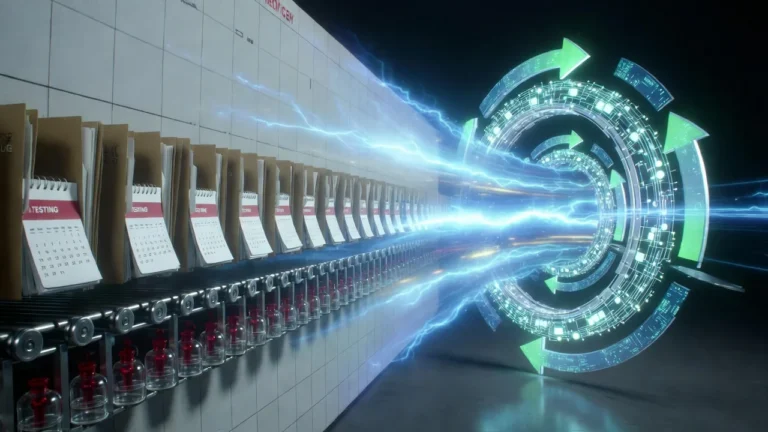
Chicago Expands Smart Streets Initiative with Automated Transit Zone Enforcement
The Chicago Transit Authority has officially launched a new automated enforcement program designed to improve safety, enhance accessibility, and boost the efficiency of public transportation. Using advanced vision AI technology from Hayden AI, this initiative will monitor and enforce violations in bus lanes, bus stops, and bike lanes—areas often obstructed by illegal parking that endangers cyclists, delays buses, and reduces the reliability of transit services.
This program marks a significant step in the City of Chicago’s Smart Streets initiative, a broader effort to create safer, more efficient, and sustainable streets for everyone. With this rollout, Chicago becomes the 10th major U.S. city to adopt Hayden AI’s automated enforcement solution, joining others such as New York City, Washington, D.C., Los Angeles, and Philadelphia.
Smarter Enforcement through AI Technology
At the heart of this initiative is Hayden AI’s bus-mounted vision system, a cutting-edge camera and AI platform that detects vehicles parked illegally in dedicated transit and bike lanes. Unlike stationary cameras, this system operates dynamically—scanning the streets as buses move along their routes.
When a potential violation is detected, the data is securely sent to the City of Chicago for human verification before any citations are issued. This two-step process ensures fairness and accuracy while maintaining transparency in enforcement.
To give motorists time to adjust to the new system, a 30-day warning period began on October 15, during which vehicles illegally parked in the pilot enforcement zones will receive warnings instead of fines. Once the period ends, the city will begin issuing formal citations for confirmed violations.
A Step Toward Safer, More Reliable Transit
The initiative addresses a persistent challenge in urban mobility: illegal parking in critical zones. These violations create ripple effects across the transportation network:
- Safety hazards for cyclists – Vehicles parked in bike lanes force cyclists into traffic lanes, increasing the risk of collisions.
- Delays for bus riders – Illegally parked cars in bus lanes or stops prevent buses from pulling up to the curb, slowing service and making it harder for passengers to board or exit safely.
- Accessibility challenges – For passengers with disabilities, blocked bus stops can prevent wheelchair ramps from deploying properly, undermining the city’s commitment to accessible public transportation.
“Everyone deserves a safe, reliable, and on-time ride,” said Marty Beard, CEO of Hayden AI. “We’re honored to support Chicago’s mission to make streets safer and transit more efficient through the power of technology.”
Proven Results from Other Cities
Chicago’s adoption of this technology follows successful deployments in other major metropolitan areas. In New York City, for example, Hayden AI’s automated enforcement systems—installed on hundreds of MTA buses—have led to a noticeable increase in bus speeds and a reduction in collisions along monitored routes.
Similarly, cities like Los Angeles, Washington, D.C., and Philadelphia have reported that automated bus-lane enforcement changes driver behavior, leading to fewer violations and more reliable transit schedules. These results demonstrate that automated enforcement not only improves compliance but also fosters a culture of respect for shared public spaces.
Building a More Connected and Equitable City
The Smart Streets initiative reflects Chicago’s ongoing investment in intelligent transportation systems and urban mobility innovation. By leveraging automation and AI, the city aims to strike a balance between enforcement, education, and efficiency.
This effort aligns with broader sustainability and equity goals—encouraging cleaner, faster public transit while making streets safer for pedestrians and cyclists alike. As the system expands beyond the pilot phase, it could serve as a model for integrating data-driven enforcement into urban planning and traffic management strategies nationwide.
Ultimately, Chicago’s partnership with Hayden AI represents a forward-thinking approach to civic technology—one that prioritizes public safety, accessibility, and reliability for every resident.
With the pilot now underway and enforcement set to begin after the 30-day grace period, Chicago is taking a bold step toward smarter, safer, and more connected streets—setting a new benchmark for urban mobility in the age of AI.





